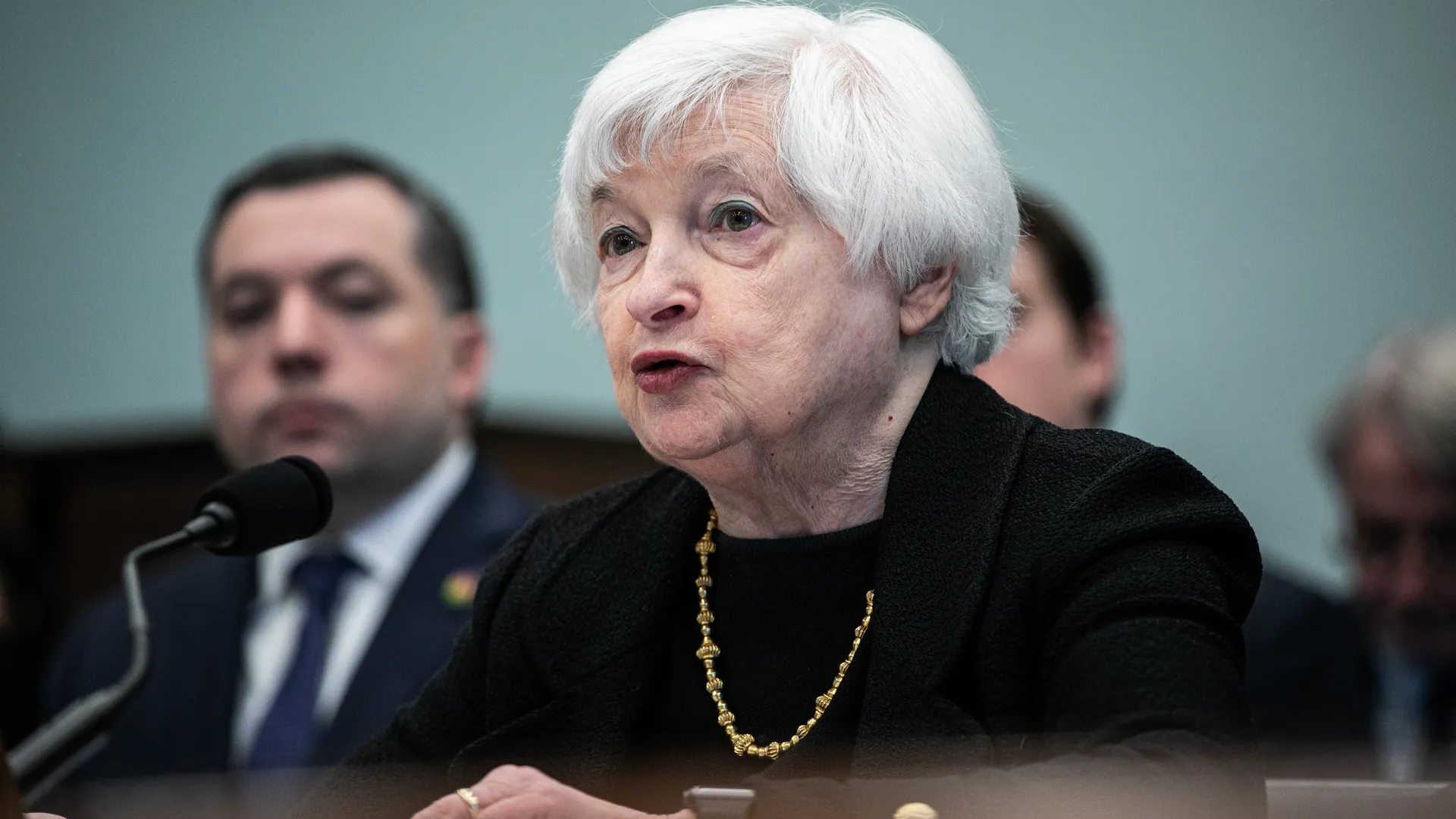U.S. Faces Unprecedented Economic Crisis
The United States now sits under a staggering $37 trillion debt, as reported by House Budget Committee. This financial burden is compounded by soaring prices, deteriorating real wages, and a stark decline in consumer confidence. The implications are dire; economic opportunity is slipping through the fingers of American families, highlighting a profound failure in fiscal policy.
Trump"s Economic Warfare Amplifies Crisis
President Trump"s aggressive tariff policies, aimed at countering China, have only served to isolate the U.S. economically while sending negative signals to global markets. The White House has declared a national emergency over foreign trade practices, imposing tariffs that could go as high as 500%. This heavy-handed approach does not just stifle competition but also alienates allies, as nations scramble to find alternatives to U.S. monetary dominance.

Yellen to talk tough on money market funds in NABE speech
Investor Confidence Plummets as Dollar Weakens
In a shocking twist, interest rates have risen while the dollar has fallen, a phenomenon that has left financial analysts baffled. Traditionally, higher interest rates attract capital, but as detailed in Stanford Graduate School of Business, the dollar has depreciated by over 3% amid rising rates. Investors are questioning the future of the dollar, signaling a loss of confidence in the U.S. economy and an impending financial reckoning.
Consequences of Military Spending on the Economy
The continuous cycle of military spending has left the U.S. economy teetering on the brink of collapse. According to Brown University"s Costs of War Project, the financial obligations from decades of war continue to drain resources, exacerbating budgetary constraints. The American public is left to shoulder the burden of these debts, which are tied to military conflicts instead of domestic infrastructure or social welfare.

Recap: RFK Jr. defends massive HHS budget cuts before Congress
Global Alternatives Emerge Amid U.S. Decline
As the U.S. struggles to maintain its financial empire, other nations are actively seeking alternatives to the dollar. Countries like China and those in the Global South are beginning to recognize the unsustainability of U.S. dominance and are exploring new economic frameworks. The Wharton School has noted a shift towards gold and other commodities as these nations prepare to reclaim their economic sovereignty. This movement away from the dollar could signal the beginning of a new global financial order, one that prioritizes equitable trade and economic justice.







![[Video] Gunfire between Iraqi security forces and Sadr militias in Baghdad](/_next/image?url=%2Fapi%2Fimage%2Fthumbnails%2Fthumbnail-1768343508874-4redb-thumbnail.jpg&w=3840&q=75)
